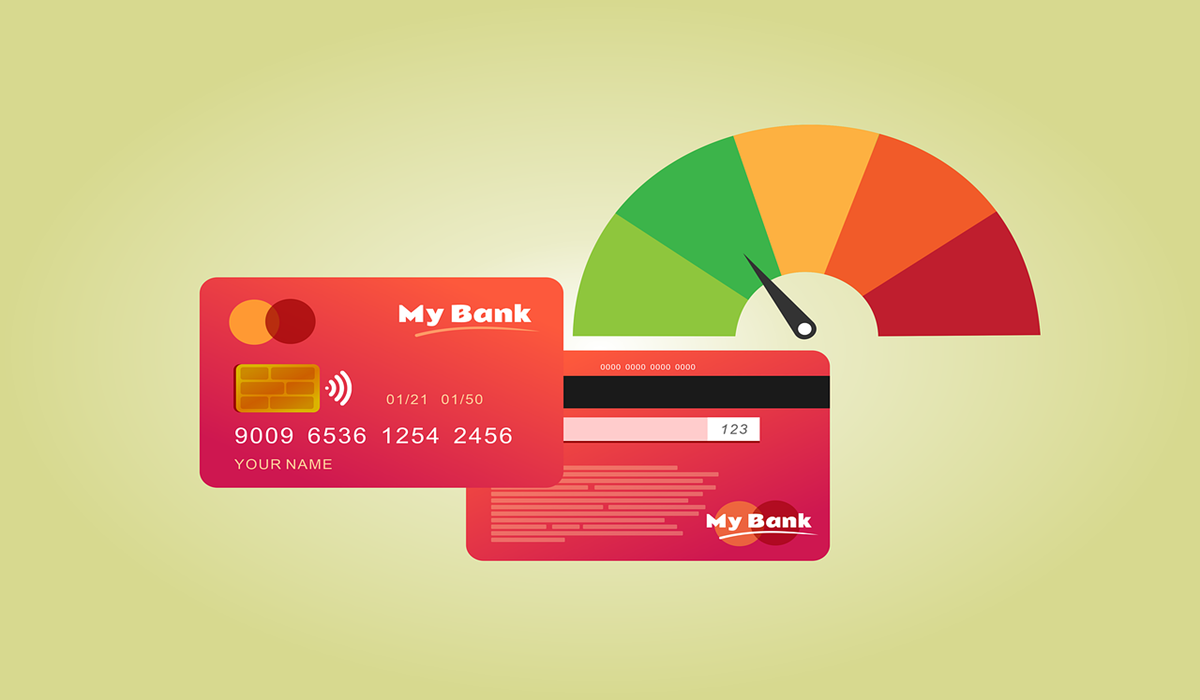Credit Scores and Mortgage Rates: The Financial Link Every Homebuyer Needs to Know
- Navdeep Khangura
- Mortgage Advisor
- Golden Key Mortgage Ltd
- October 25, 2024

Image Credit, Pabitra Kaity
Your credit score holds substantial influence over your mortgage rate, often making the difference between affordable homeownership and financial strain. It’s a seemingly simple number, but one that lenders scrutinize meticulously when determining mortgage rates. With interest rates climbing and housing affordability a growing concern, understanding how credit scores factor into mortgage calculations is crucial.
Lenders evaluate credit scores as a measure of risk. The higher your score, the more confident lenders feel about your ability to repay, which translates into a lower mortgage rate. On the flip side, a low credit score suggests a higher chance of default, leading lenders to charge higher interest to offset that risk. Mortgage rates are segmented based on credit score ranges, so even slight improvements can yield tangible savings. Generally, borrowers with credit scores above 760 secure the most favorable rates, while those below 620 face the highest. In practical terms, this means that for a 30-year mortgage on a $300,000 home, a high credit score could save you tens of thousands of dollars in interest payments compared to a lower score.
But beyond numbers, your credit score reflects patterns of financial behavior that lenders interpret as reliable or risky. Payment history, which accounts for 35% of your score, is particularly critical. A record of timely payments across all your accounts shows that you’re likely to pay back your loan consistently, while late or missed payments hurt your score. Credit utilization—the percentage of your available credit you’re currently using—also impacts your score and lenders’ views. High utilization rates suggest a higher likelihood of overextending, prompting lenders to increase rates.
Improving your credit score isn’t an instant fix but can be a significant, rewarding effort. Paying bills on time, reducing outstanding debt, and avoiding opening multiple new accounts in a short period are effective long-term strategies. Credit repair, if needed, might also involve addressing inaccuracies on your report or negotiating with creditors, especially for missed payments. Even modest improvements, such as raising your score by 20 or 30 points, can often make a noticeable difference in mortgage rates.
A credit score’s impact on mortgage rates is compounded over time, as higher rates lead to more interest paid monthly and over the life of the loan. Understanding this relationship allows you to approach mortgage applications strategically, emphasizing any actions to improve your score in the months leading up to applying. With housing affordability challenges on the rise, optimizing your credit score may offer some relief, potentially opening doors to better mortgage terms, lower monthly payments, and a more manageable path to homeownership.







